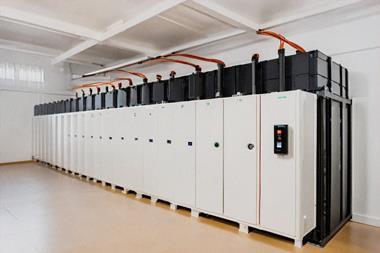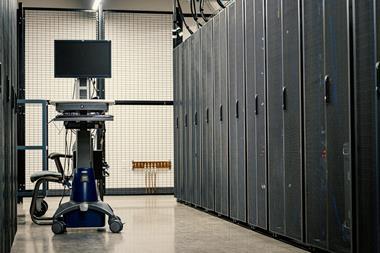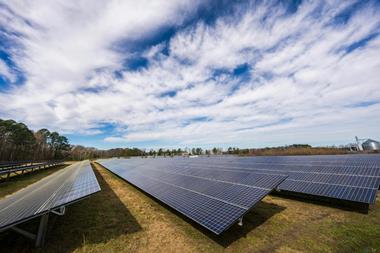According to data by MCS, more than 3000 heat pumps were installed per month in the first six months of 2023, however, uptake is still falling drastically short of the Government’s target to install 600,000 heat pumps per year by 2028, with a recent report by MCS charitable Foundation finding the UK installed just 55,000 in 2022.
To add, currently, the UK has 564 heat pumps per 100,000 homes, among the lowest in Europe, whereas France, for example, has nearly 6000 per 100,000.
The impact on carbon emissions is significant: Annual CO2 emissions avoided thanks to heat pumps in France are over 15Mt per annum, 10x times more than in the UK.

So, when it comes to adoption of heat pumps: why is the UK not feeling the heat yet?
Why have heat pumps had a frosty reception in the UK?
A significant proportion of the UK housing stock is old. Homes built pre-1930 often don’t have cavity walls which are an important design aspect for insulation. Heat pumps are most effective in homes with good insulation so if this doesn’t exist the cost-benefit of an installation can be less viable.
To add to the challenges in the UK, there is also the additional issue that many older homes are listed which makes any changes such as upgrading insulation or installing heat pumps time-consuming and expensive.
Last but not least, there is the historic mix of energy sources and resulting ongoing cost. The UK, with its significant domestic fossil fuel resources, has built its infrastructure around gas. For consumers, heating a home with gas is cheaper than using electricity for heating and hot water.
Government incentives welcome - but too little and a bit late?
The UK has taken steps to incentivise the uptake of heat pumps in the form of grants. But depending on the type and age of a home, they are not always sufficient to cover the whole cost of the installation, for example when radiators need replacing. From 23rd October the UK Government increased the grant level for air and ground source heat pumps as part of the Boiler Upgrade Scheme from £5,000 (air source) and £6,000 (ground source) to £7,500.
These are good steps in the right direction, albeit later than many other countries where experience shows that consistent financial and tax incentives over a prolonged period of time are critical in ensuring the success and momentum of a transition towards heat pumps.
So, what next?
It can be easy to be overwhelmed by some of the challenges in our transition towards net zero. The Prince of Wales describes this with the equation “urgency + pessimism = despondency” in the introduction to the book “Earthshot – how to save the planet”. Instead, he recommends we change the equation to “urgency + optimism = action”. Why not do the same when it comes to decarbonising UK housing?
As a first step, let’s start with what is eminently achievable – installing heat pumps in all new build homes. The proposed, Future Homes Standard will require all new homes built from 2025 to reduce carbon emissions by 75-80%, a level which effectively precludes new homes being built with fossil fuel as energy source. House builders and developers have been readying themselves for this transition over the past years, but there is hardly any first-mover advantage to implement this sooner than required. Therefore, this new legislation is critical and can’t come soon enough.
We welcome that all main parties in the UK continue to support the introduction of these standards for new homes.
Clearly, this does not solve everything. More work is required in upgrading older stock. But even here, let’s start with what is more achievable. Despite the Victorian’s astonishing delivery of new homes, over 60% of current building stock in the UK has been built after 1945 – the vast majority with cavity walls, hence with better (potential for) insulation and often with EPC ratings of D or even C. With further technological progress in areas such as insulation materials, heat pumps, electric heaters or smart meters, we believe more inroads can be made toward decarbonising older housing stock.
The role of institutional investors
Our business is working with institutional capital to deliver energy-efficient homes for the private rented market. And we can see the opportunity here to accelerate adoption of heat pump technologies.
Institutional investors can encourage housebuilders and developers to pursue more carbon-efficient construction, and through forward funding, help to de-risk these projects. Developed at scale, such carbon-efficient homes deliver the capital and income returns demanded by long-term investors in residential property.
As investors, we can use our influence to support the decarbonisation of the residential property sector, promoting the wider adoption of heat pumps, and laying the foundations for an environmentally sustainable and affordable rental market.


















